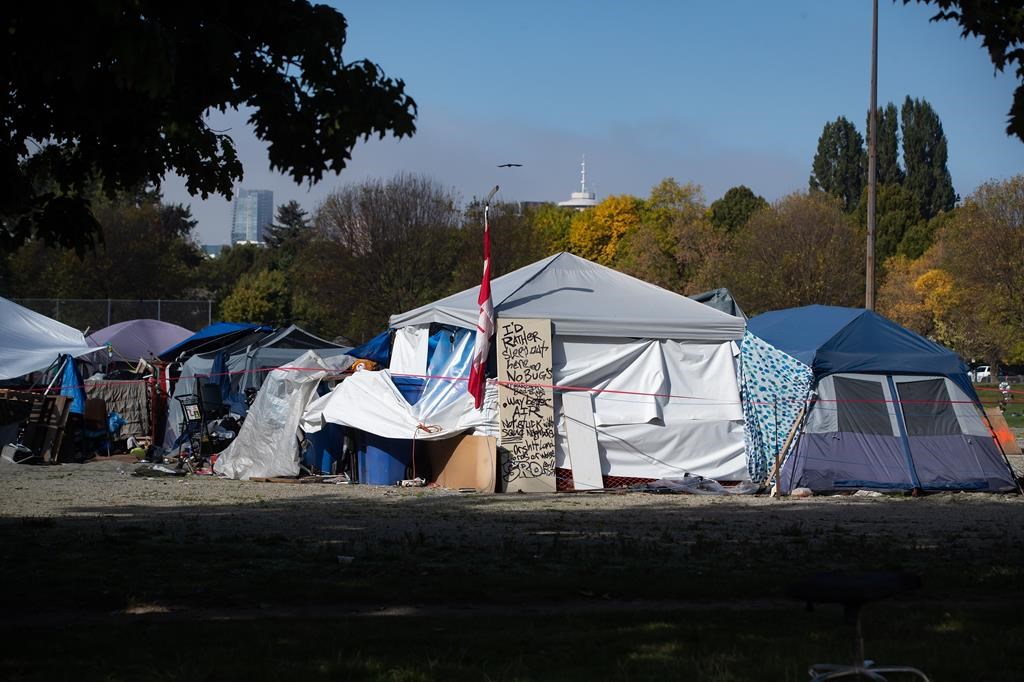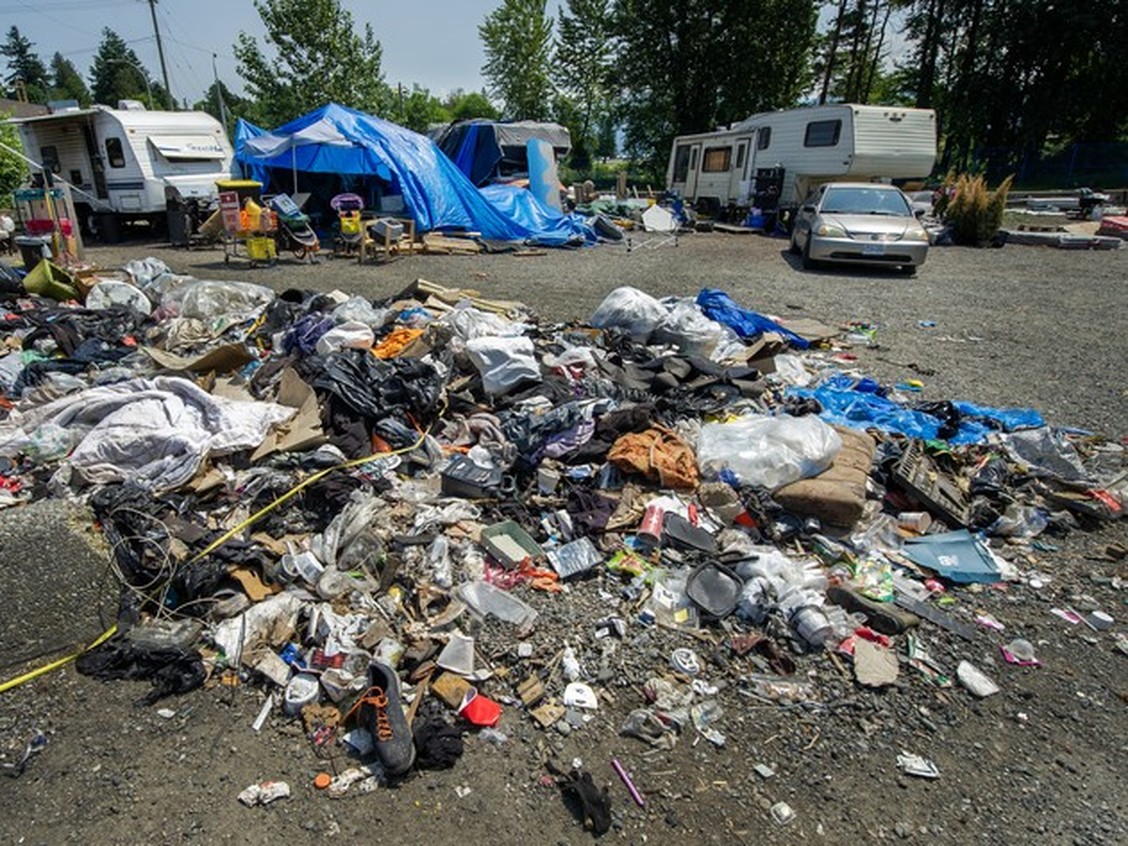Canadian Homelessness and Traumatic Brain Injuries
"The report of the Canadian Paediatric Society and one by the American Academy of Neurology note that sports-related concussions continue to rise along with repetitive head injuries,which are more difficult to diagnose because they often have fewer symptoms or none at all.""In Canada, more people annually suffer a traumatic brain injury than are diagnosed with breast cancer, multiple sclerosis, spinal cord injury and HIV/AIDS combined. And that doesn't account for the others who fall under the broader category of acquired brain injury. Those injuries result from asphyxiation from an opioid overdose, strokes, tumours and other neurodegenerative diseases.""Though Canadian data on opioid-related anoxic brain injuries are scant, Health Canada says its best information is that five percent of people hospitalized after an opioid overdose have anoxic brain injuries."Daphne Bramham, columnist, Vancouver Sun
 |
| A message is written on a door outside a tent at a homeless encampment at Strathcona Park in Vancouver. A new study says the rates of brain injury are endemic among the homeless.THE CANADIAN PRESS/Darryl Dyck. |
The Canadian Traumatic Brain Injury Research Consortium for Brain Injury Canada has identified evidence, published in a report through research they compiled explaining to an extent the alarming rising chaos on city streets across the country. The report states that within the homeless community,70 percent suffer moderate to severe brain injuries, 14 times the rate of the general population, while almost a quarter of homeless with brain injuries also have substance-use disorder.
Moreover, while most of these individuals sustained brain injuries prior to losing their homes, they now are also likelier to sustain additional brain injuries resulting from falls (mostly women) and from physical assaults (mostly men). There are three classifications for traumatic brain injuries; a single severe concussion; several concussions; or concussions occurring in rapid succession.
Debilitating headaches, dizziness and confusion can result from even mild cases of traumatic brain injuries, while moderate to severe injuries can be the cause of cognitive, mood and behavioural changes along with decreased mobility. Daily assistance with eating, bathing and using a toilet are hallmarks of the most severely injured, a condition that makes work difficult, leading to unemployment rates of 75 percent among the injured.
Over 165,000 Canadians receive injuries in falls, sports-related hits, vehicle accidents and assaults and these people with traumatic brain injuries are 2-1/2 times likelier to attempt suicide, more likely to suffer from psychosis, and 2-1/2 times more likely than the general population to be incarcerated for a criminal offence. Brain Injury Canada urges Health Canada to classify moderate to severe traumatic brain injuries as a chronic condition resulting in long-term cognitive and neurological decline which would then require ongoing supports beyond initial hospitalization.
There is evidence that 60 percent of women who experience intimate partner violence have sustained traumatic brain injuries. Canada's Indigenous population is disproportionately among those suffering from traumatic brain injuries. Children, along with seniors are most at risk of injury with falls accounting for half of those events. With children aged between five and 19 who are hospitalized, 45 percent of brain injuries are related to sports
School-age children are significantly more likely to report psychological distress and attempt suicide, in the short term and potentially become the next generation, long term, of homeless, drug addicted and the incarcerated. Earlier in the year the Canadian Paediatric Society issued a position paper reiterating urgent calls for prevention, better education, diagnosis and treatment, recommending an end to bodychecking in all recreational hockey leagues for all players under age 15.
Lacking medical assistance, people with moderate to severe traumatic brain injuries may end up in survival mode on the streets; one of the root-cause societal problems that continues unaddressed, noticed by the general public only when a newsworthy event is reported of incidents involving homeless people in psychotic episodes resulting from individuals suffering from untreated traumatic brain injuries.
 |
Labels: Canada, Children in Sports, Follow-up Medical Care, Homeless Population, Intimate Partner Violence, Opioid Use, Traumatic Brain Injuries

0 Comments:
Post a Comment
<< Home